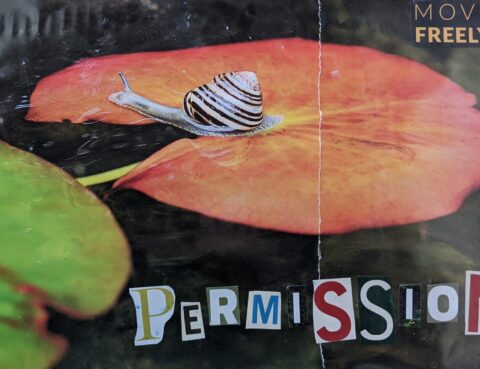
…his childhood bed and waking up abruptly in the ocean of adult consciousness. Of course he was grabbing onto anything that seemed like it might be a lifeline so that…

…common roots of problem behaviour and explained why discipline is not the answer to any of them. Now I turn to play – the exact opposite of work – as…

…of our young. They use technology in their day-to-day lives to keep in touch with each other in a multiple of ways, including social media sites, cell phones, and texting….

…something solid in this person that we can lean against? We might feel we convey this as parents but the more important question is whether our children see us this…

…of these are sweet and tentative, some are bizarre and odd, and some might actually even be dangerous; all of them are untempered, and black-and-white thinking rules the day. While…

…what it is that has them concerned and find their way to talk it through. This can help a child to feel the sadness and tears they might be holding…

…teacher might have chosen not to send the worksheets home. We talked about how her son learned best. We talked about meeting together with the teacher and the principal so…

…look in what else might be happening. One of the features making a system like this so attractive is that the teacher can monitor and give feedback on behaviour from…


